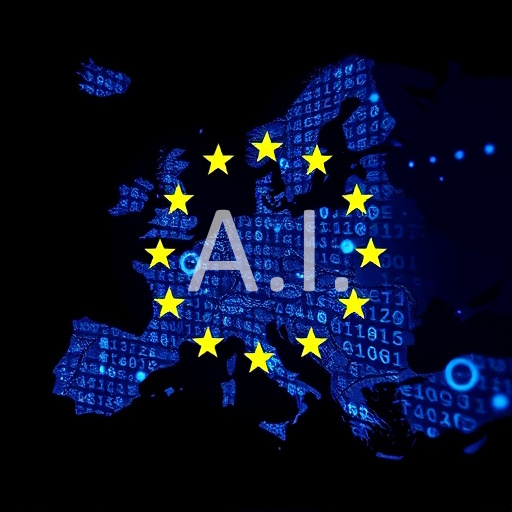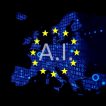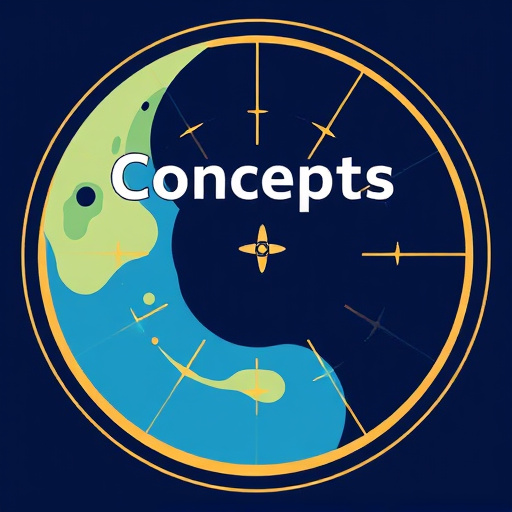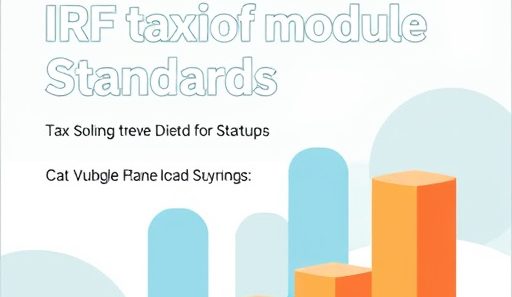In the architecture of modern digital platforms, managing financial transactions with legal compliance is a fundamental requirement for sustainability and user trust. This is especially true in environments with specific regulatory frameworks, such as Norway. To address this, a core backbone is being developed within the .NET ecosystem, designed to integrate Norwegian accounting standards directly into an Innovation Research Repository-ecosystem. This module is conceived to simplify complex fiscal responsibilities, from individual self-assessment to corporate accounting with Azure or other providers for registered entities. By embedding compliance into the platform’s core, it eliminates significant administrative burdens, reduces some revision costs, and establishes a foundation of automated reliability for our platforms.
Foundational construction and integrity
The idea of Innovation Research Foundation, this module begins with a straightforward principle: the structured capture of simple and kind of transactional data. At its most essential level, the system is engineered to automatically forward every transaction to the needed layers, whether a service or event, or anything that falls into the kind of category.
Leveraging the powerful data modeling capabilities of the .NET ecosystem, the system defines clear entities and transactions from the outset. This process transforms isolated financial events into a cohesive, queryable pre-initialized structures. The implementation advances by encoding the official Norwegian chart of accounts and the specific rules for Merverdiavgift (MVA), which vary depending on the type of product and service sold to a rule-aware financial core marks a critical progression, creating a system that interprets it within the correct context.
Seamless ecosystem integration and interaction
The true value of this financial backbone is realized through its fluid integration with other components within the broader innovation research ecosystem. The initiation with the establishment of secure and standardized channels for third-party communication and interaction. These interfaces provide a reliable method for external platforms and internal modules to submit transaction data and reports. This begins as a direct and structured data exchange. The integration deepens substantially through the adoption of an event-driven architecture. In this advanced model, the financial module operates as an active participant within the ecosystem, automatically responding to events such as the correct Merverdiavgift logic, updates ledgers, and generates compliant digital receipts in real-time. This sophisticated, decoupled design ensures that financial compliance is an instantaneous and inherent outcome of all platform activity.
Adaptive implementation and workflow
The system’s advanced capabilities, however, are demonstrated through its ability to generate submission-ready data context that align with the specifications of national tax authorities. For corporate entities, pushing towards even greater intelligence, the architecture allows for the future expansion with an AI agentic workflows capable of guiding users through complex deductions, proactively identifying discrepancies, and offering predictive financial insights. This transforms the module from a passive ledger into a dynamic, strategic partner that ensures not only compliance but also financial clarity and optimization.
Conclusion
The development of this .NET-based financial backbone represents a critical step towards building more responsible and trustworthy digital ecosystems. By deeply integrating Norwegian tax and accounting standards directly into the platform’s infrastructure, the Innovation Research Foundation is addressing a major challenge in digital innovation: financial complexity. This module provides a clear, automated pathway from a simple transaction to a fully compliant tax filing for both individuals and businesses. It stands as a testament to the principle within our ecosystem that the most powerful technology operates invisibly, upholding legal standards, ensuring security, and ultimately empowering users to participate in the digital economy with complete confidence and peace of mind.










